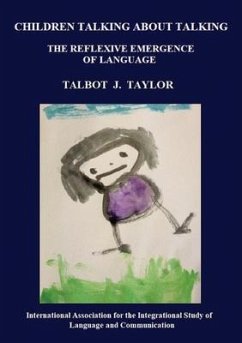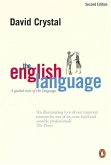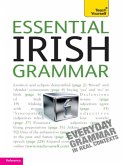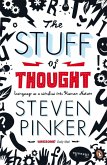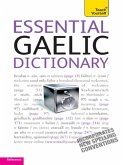Talbot Taylor argues that in the child's acquisition of language the distinctively linguistic identity of language emerges only gradually, by means of the child's increasingly competent participation in the scaffolded discursive processes of reflexive enculturation. The papers included here explore the implications of this argument for research on developmental linguistics, metalinguistic discourse, sociocognitive development, ecological psychology, the enactive philosophy of mind, and the philosophy of language.
Dieser Download kann aus rechtlichen Gründen nur mit Rechnungsadresse in A, D ausgeliefert werden.

